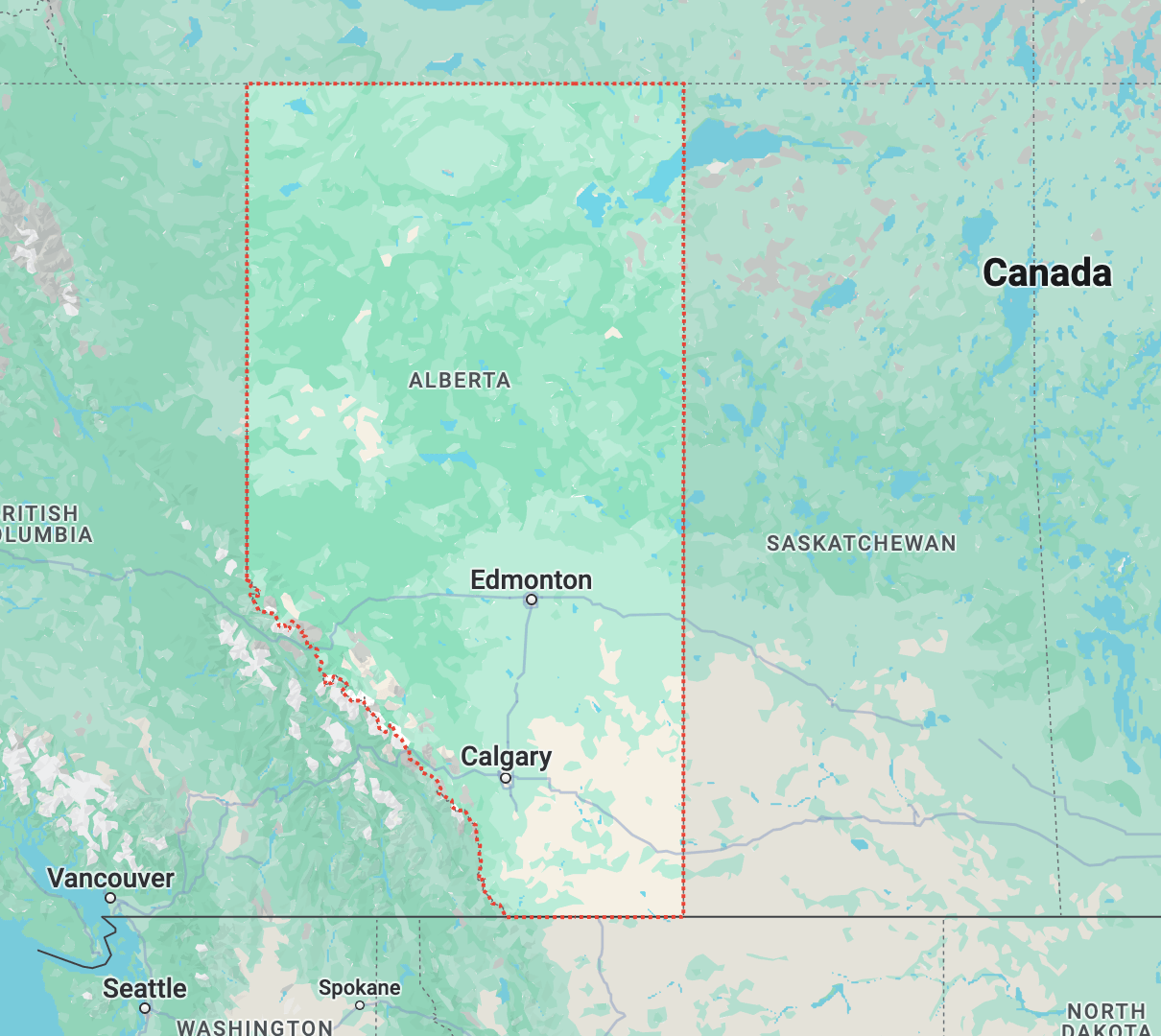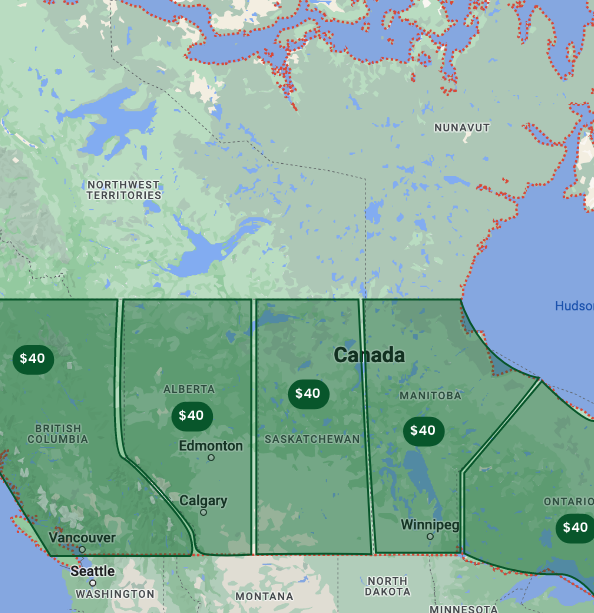In this day and age, cannabis is becoming more and more mainstream. One term you may have heard thrown around a lot lately is CBD. Perhaps you’ve heard about someone using it or heard about the benefits of this particular cannabinoid, and you’re curious to know more.
Although CBD may seem like a recent discovery, it has actually been around for quite a while. In 1942, a Harvard-trained chemist named Roger Adams extracted CBD for the first time, and in 1963, Raphael Mechoulam, the Godfather of cannabis research, described its chemical structure.
As the popularity of CBD grows, more people are eager to learn how to use CBD and how it may elevate their wellness regime. This blog will answer the most popular eight questions we heard about CBD. So let’s dive right in!
1. What Exactly Is CBD?

Cannabidiol (or CBD) is one of many natural compounds found in hemp and cannabis plants, alongside THC, its more famous cousin. CBD has the same chemical formula as THC, except the atoms aren’t arranged the same way.
Although the difference in the arrangement is minimal, it still influences how CBD and THC connect with the endocannabinoid system and their effect on the body. Because of ECS, we already have naturally occurring receptors all over our body, which interact with endocannabinoids like THC and CBD. This is how we feel the effects of THC and CBD.
People use CBD recreationally to elevate their wellness regime. CBD is known for some of the health benefits it may provide, like helping people with anxiety or chronic pains.
2. What Is The Difference Between CBD and THC?

Cannabidiol (CBD) and tetrahydrocannabinol (THC) are naturally occurring cannabinoids in the cannabis plant.
The most significant difference between THC and CBD is that THC causes a euphoric feeling that is most often associated with cannabis, whereas CBD does not.
Even though they both affect receptors in the brain, they have varying impacts. This is because they differ in their atom arrangement, which affects the body differently.
Both CBD and THC interact with the same receptors and compete for them.
3. Does CBD Get You High?

No, CBD does not get you high. While CBD can offer a calming and relaxing feeling, it has no psychoactive properties like euphoria or heightened sensory perception.
Because CBD comes from cannabis and hemp plants, some users might think it causes a “high.” However, CBD products that don’t contain THC and are non-intoxicating.
Some of these products might be used as a natural way to relax or lower anxiety. If the product has high concentrations of CBD, it could cause an uplifting effect. However, it’s still not the same as a “high” you would get from THC.
4. Is CBD Legal In Canada?

Cannabis, including hemp and marijuana, has been legal for medical and recreational purposes since October 2018 in Canada. Provided you’re of legal age in your province or territory, you can buy hemp or cannabis-derived CBD products in Canadian dispensaries.
CBD is regulated under the Cannabis Act, meaning that CBD and all CBD-containing products are subject to the rules and regulations that apply to cannabis. The Canadian government strictly regulates the storage, labelling, advertising, and pricing of CBD products, ensuring that they are safe for consumption for the general public.
5. What Are Some Of The Benefits Of CBD?
CBD has a wide range of benefits. Besides its calming effects, it has been shown to help with anxiety and depression symptoms and also help to reduce inflammation and pain.
A recent study shows that CBD oil may help people with social anxiety disorder. After taking the drug, participants had their brains scanned, and it turned out they were experiencing less distress because certain areas showed increased blood flow.
Research suggests that CBD may have an antidepressant-like effect and affect how your brain responds to serotonin. A 2018 review found it may also reduce stress-related depression, which could be why people experience relief from symptoms when taking this cannabinoid.
CBD may also be used for insomnia. Incorporating CBD into your daily routine right before bed to wind down a little and relax your mind may improve your sleep.
CBD’s effects on 20 people with psoriasis or eczema, as well as the scars they may leave, were studied in small research. For three months, participants used a CBD-rich skin ointment twice a day. They showed signs of improvement, such as a decrease in inflammation. What’s best is that participants reported no irritations or allergic reactions.
6. Are There Side Effects Associated With CBD?
CBD is generally regarded as a safe substance and is usually well tolerated. However, if taken with medications or in large doses, it also has potential side effects, usually mild. It may cause side effects like
- Dry mouth
- Diarrhea
- Decreased appetite
- Drowsiness
- Fatigue
Other medications you’re taking, such as blood thinners, may interact with CBD.
7. How Can You Take CBD?

CBD Edibles
CBD edibles are CBD-infused food or drink products that have a longer, more intense effect than other cannabis products. This method of CBD consumption is more convenient for those who are new to cannabis or anyone who is not comfortable smoking CBD.
Edibles come in the form of :
Depending on what you prefer, you can pick any of these products. Cannabis edibles may help with appetite stimulation, sleep and mood improvement, and pain relief. Some people love edibles because they are convenient and come pre-dosed.
Topicals
CBD topicals come in wide varieties, ranging from bath bombs and creams to balms. They are intended for localized relief as you apply them externally onto your skin.
They may help with skin conditions and muscle soreness. This is because CBD penetrates the dermal and subdermal layers of the skin, allowing it to reach beyond the skin’s surface. The result may leave you refreshed and relaxed.
CBD Oil and Tinctures
While the terms “CBD oil” and “CBD tincture” are sometimes used interchangeably, they are not the same thing. They differ in their method of extraction and consumption.
Carbon dioxide is used in the production of oil, but alcohol is used in the production of tinctures.
Please note that only tinctures (which are alcohol-based) can be absorbed by the blood vessels underneath the tongue. CBD oil (or carrier oil) must be ingested to experience the effects, and the onset time and duration of effects are similar to when you consume edibles. This means that you do not want to hold oil-based CBD oils underneath your tongue as they will not take effect.
8. How Much CBD Can You Use in a Day?
Good question! The best way is to start low and go slow until you find the right CBD dosage that works for you. Similar to supplements or dietary changes, it may take time before you feel the effects. It is essential to note that everyone’s body reacts differently to CBD.
The lack of consensus on an appropriate CBD dosage means that users should carefully monitor their intake. Most people take doses ranging from 20-1,500 mg per day. Be well informed and cautious before experimenting.
Let’s Wrap It Up
We hope that our insights into CBD have helped answer some of your questions. Now the only question left is whether or not you want to try it out for yourself!
Ready to give CBD a go? Visit any of our stores and browse our selection of CBD products. Our budtenders will be happy to help you and answer any of your lingering questions about CBD. You can also call us at (587)-391-1586.








